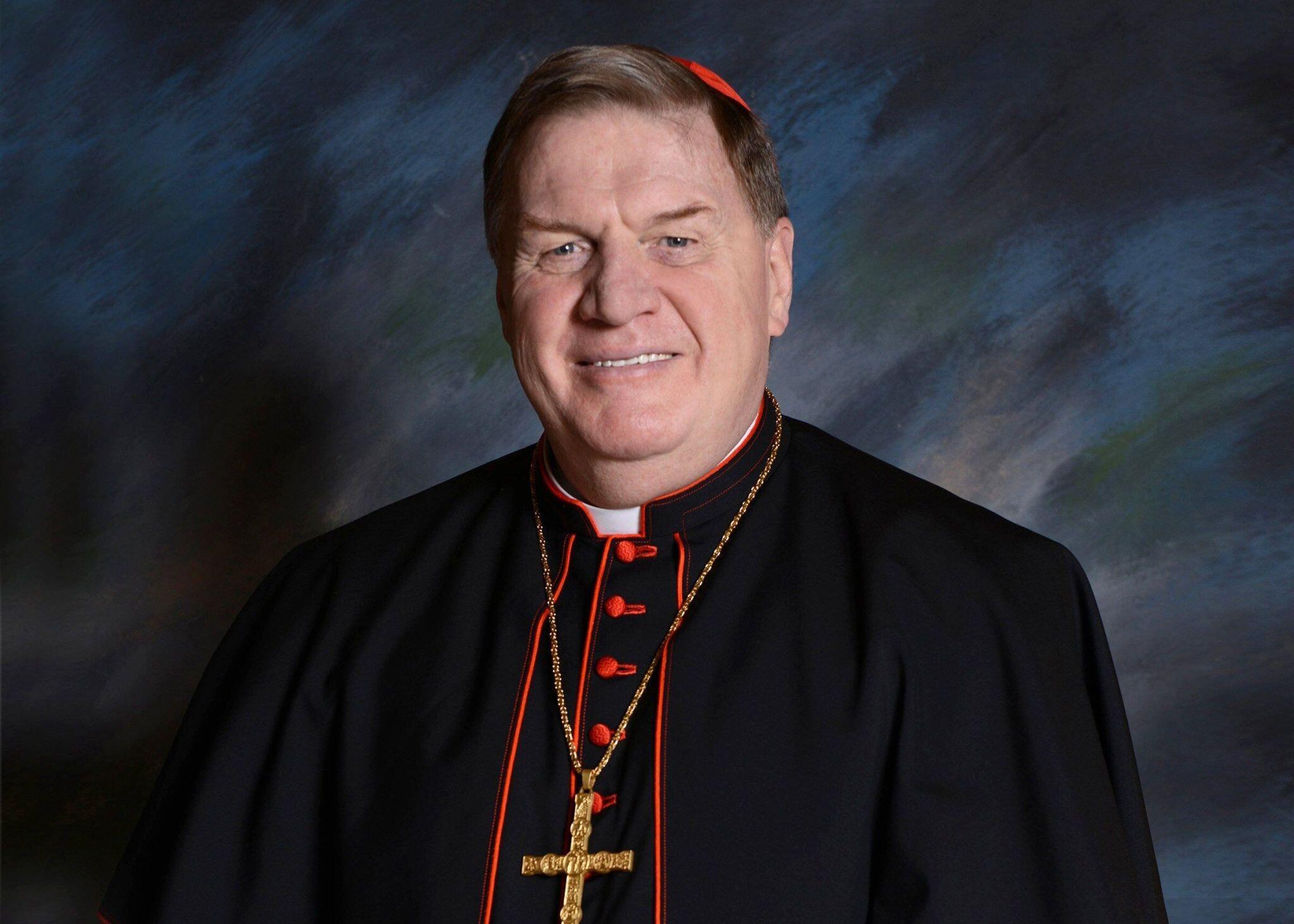Engage in respectful dialogue with those with different perspectives
My dear sisters and brothers in Christ,
The multi-year synodal process that we are engaged in as members of the Universal Church commits us to a threefold witness of encounter, attentive listening, and discernment of God’s will for us. Encounter happens when we open ourselves to the grace of God and let others (God and our neighbors) enter into our lives. Rather than barricading ourselves behind closed doors, and refusing to allow anyone to witness our vulnerability, we take the risk of seeing others as they are, and allowing them to come to know us as we truly are.
Every time we meditate on God’s Word in the Scriptures, we invite the experience of genuine encounter. Every time we receive Jesus in the Eucharist, we accept Him into our all-too-human hearts, and we accept the responsibility for sharing Him with others. Every time we serve our brothers and sisters in Jesus’ name, we encounter them not as strangers but as fellow travelers on our common journey to a better life, now and in the world to come.
Attentive listening sometimes seems like a lost art. The Word of God is too often set aside in favor of whatever voices are speaking in our culture, offering the latest version of moral and social truths as if Wisdom were a passing fancy that comes and goes with the changing seasons. Sacred Scripture invites, and challenges, us to reflect on the eternal wisdom that has been handed down to us through the teaching of our Church as she meditates on God’s Holy Word.
We too often insist on making our own voices heard to the point that we forget, or refuse to hear, what others have to say. This failure to engage in respectful dialogue does a great disservice to the people who are trying to share their experiences and convictions with us. When we fail to listen, when we insist that our own point of view is the only valid one, and resort to name calling or dismissive taunts, we dishonor our own sisters and brothers simply because they see the world differently from us. Even when we believe that we are objectively right on a given issue, refusing to acknowledge another’s viewpoints and perspective limits our ability to understand the importance of the issue to them. It also causes us to dig-in our heels and harden our hearts. There can be no genuine peace among us if we can’t talk to one another civilly and with mutual respect.
In the end, as Scripture says, we are all one person in Christ (Gal 3:28), and our common challenge is to discern God’s will for us as individuals, families and communities. The differences among us are meant to enrich our efforts to promote the common good. They are not meant to divide us into warring factions that cannot work together. If we pay attention to God’s Word, and if we engage in respectful dialogue with those who see things differently, we have a much better chance of discerning God’s will for us and working together to build a world characterized by justice, peace, and harmony among diverse peoples and cultures.
Continue reading Cardinal Joseph Tobin’s latest newsletter in English or Spanish.



